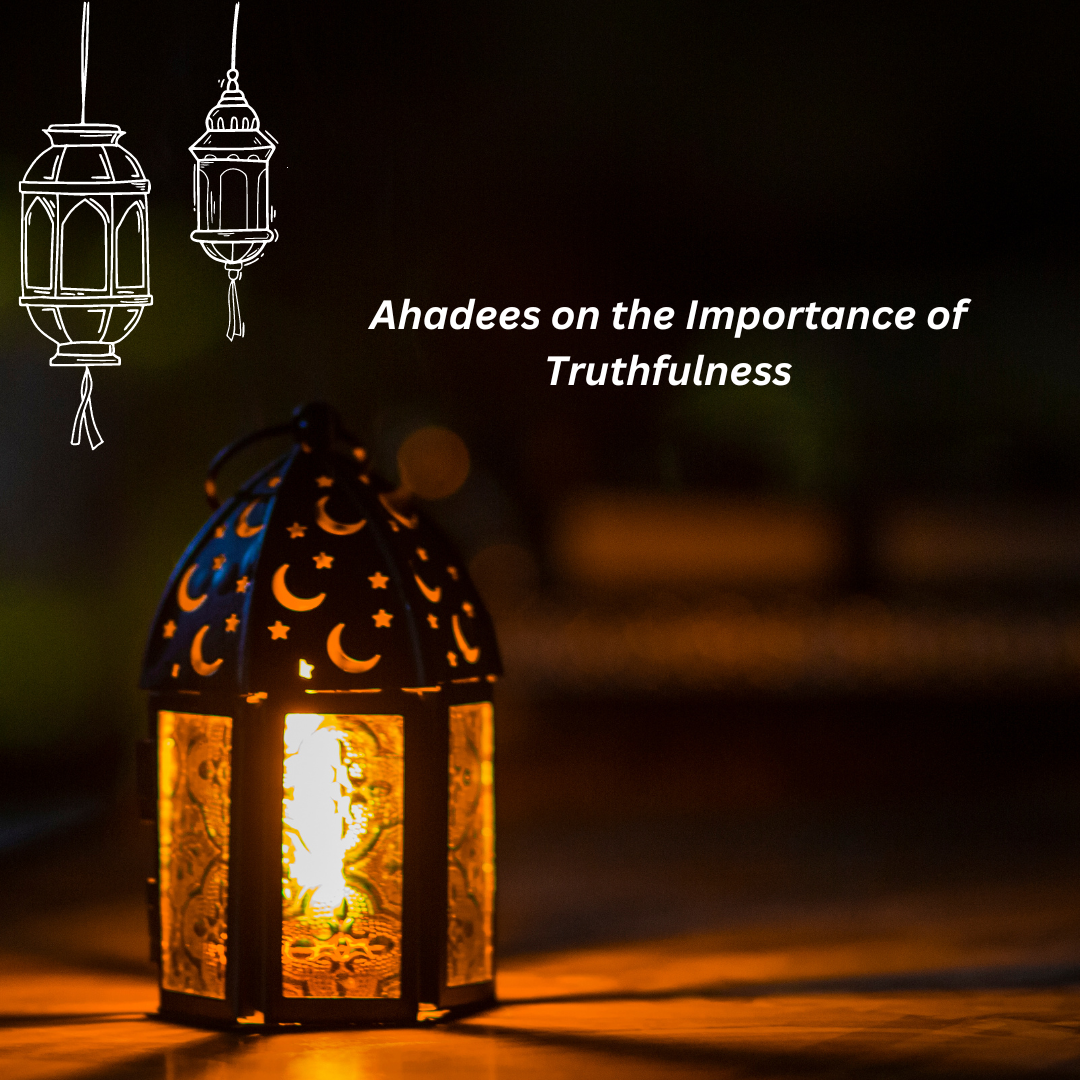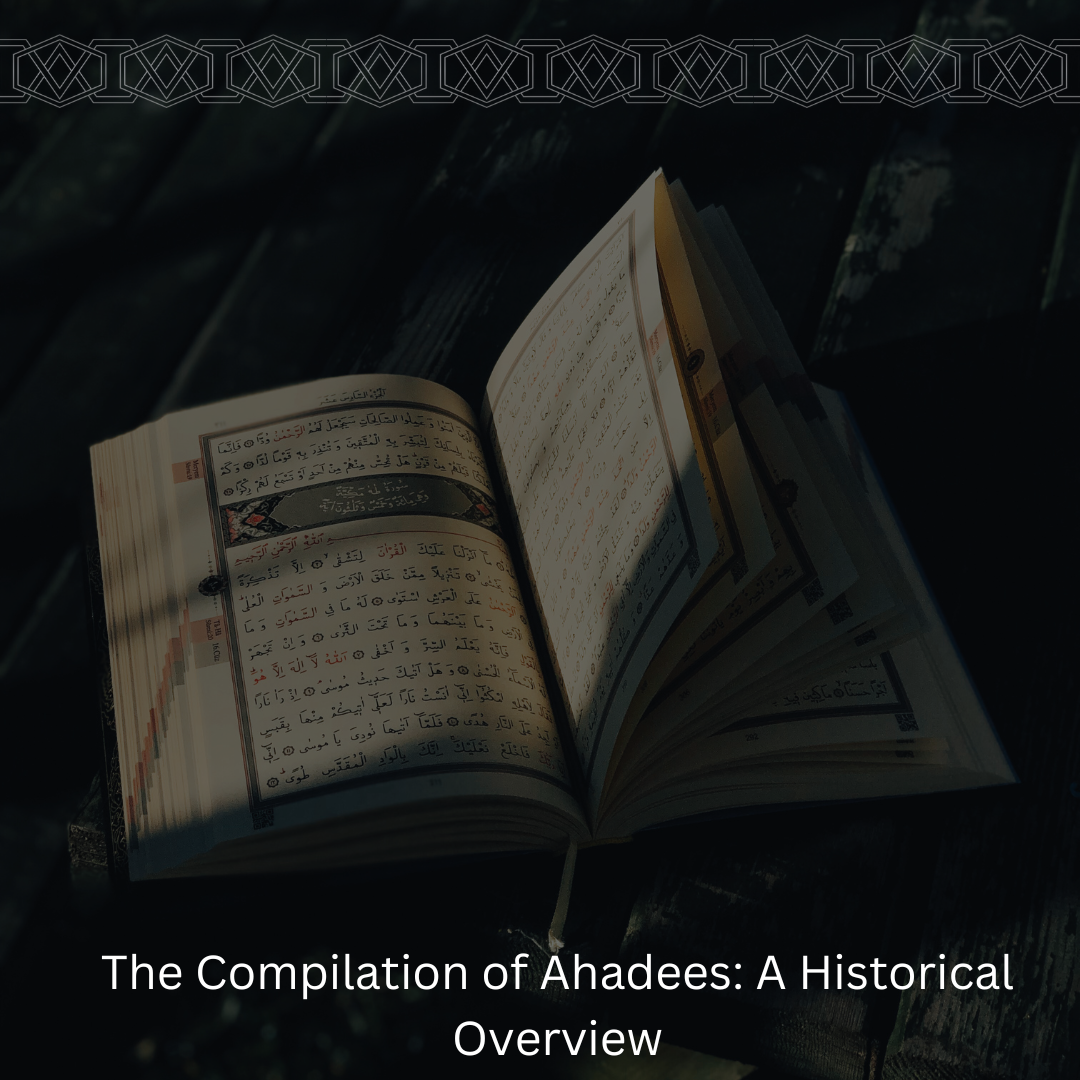Introduction
In Islam, Hadith refers to the recorded sayings, actions, and approvals of the Prophet Muhammad (PBUH). These narrations serve as a crucial supplement to the Quran, providing practical guidance for Muslims in their daily lives. The significance of Hadith is profound, influencing various aspects of a Muslim’s spiritual, ethical, and social conduct.
Hadith as a Source of Guidance
The Quran is the primary source of Islamic teachings, but it often provides general principles rather than specific details. Hadith complements the Quran by offering detailed instructions on how to implement these principles in daily life. For instance, while the Quran enjoins Muslims to pray, it is the Hadith that provides the specifics of the prayer rituals, including the timings, the number of units (rak’ahs), and the exact phrases to be recited.
Spiritual Significance
Hadith plays a vital role in nurturing the spiritual life of Muslims. It provides insights into the Prophet’s (PBUH) relationship with Allah, his acts of worship, and his spiritual practices. For example, Hadith collections include narrations about the Prophet’s (PBUH) nighttime prayers (Tahajjud), his fasting practices, and his recitations of Quranic verses. These narrations inspire Muslims to enhance their own worship and spirituality by emulating the Prophet’s (PBUH) devoutness and sincerity.
Ethical and Moral Guidance
One of the central roles of Hadith is to guide Muslims in cultivating ethical and moral character. The Prophet Muhammad (PBUH) said, “The best among you are those who have the best manners and character” (Sahih Bukhari). This Hadith, among many others, emphasizes the importance of good behavior and moral integrity. By following the Prophet’s (PBUH) example in honesty, humility, patience, and kindness, Muslims strive to develop a character that reflects the teachings of Islam.
Social Conduct and Interactions
Hadith provides detailed guidance on social conduct and interactions, promoting justice, compassion, and mutual respect. For example, the Prophet Muhammad (PBUH) said, “None of you truly believes until he loves for his brother what he loves for himself” (Sahih Muslim). This Hadith encourages empathy and altruism, fostering harmonious relationships within the Muslim community and beyond.
The Prophet’s (PBUH) teachings also address the importance of maintaining family ties, treating neighbors with kindness, and showing respect to elders. Such guidance helps Muslims navigate social interactions in a manner that upholds Islamic values and promotes a cohesive, supportive community.
Legal and Jurisprudential Importance
In addition to ethical and social guidance, Hadith is a fundamental source for Islamic jurisprudence (fiqh). Many aspects of Sharia (Islamic law) are derived from the Hadith, which provides context and elaboration on Quranic verses. Jurists rely on Hadith to formulate legal rulings on a wide range of issues, from rituals and family law to commercial transactions and criminal justice. The rigorous process of Hadith authentication ensures that only reliable narrations are used in legal matters, maintaining the integrity of Islamic law.
Daily Practices and Rituals
Hadith influences numerous daily practices and rituals observed by Muslims. For example, the Sunnah (traditions) of the Prophet (PBUH) includes recommendations for daily acts such as eating, sleeping, and personal hygiene. The Hadith narrates that the Prophet (PBUH) would eat with his right hand, begin his ablution with the right limbs, and sleep on his right side. These practices, though seemingly minor, hold significant spiritual value as they align a Muslim’s daily habits with the actions of the Prophet (PBUH).
Furthermore, Hadith guides Muslims in their conduct during significant life events such as marriage, childbirth, and funerals. By adhering to these traditions, Muslims seek to infuse their lives with the blessings and barakah (divine grace) that come from following the Prophet’s (PBUH) example.
Conclusion
The Hadith is indispensable in the daily lives of Muslims, offering comprehensive guidance on spiritual, ethical, social, and legal matters. By adhering to the teachings and practices of the Prophet Muhammad (PBUH) as recorded in the Hadith, Muslims strive to lead a life that reflects the core values of Islam. The Hadith not only helps in interpreting and applying Quranic principles but also enriches the spiritual and moral fabric of the Muslim community, ensuring that the legacy of the Prophet (PBUH) continues to inspire and guide believers in every aspect of their lives.



